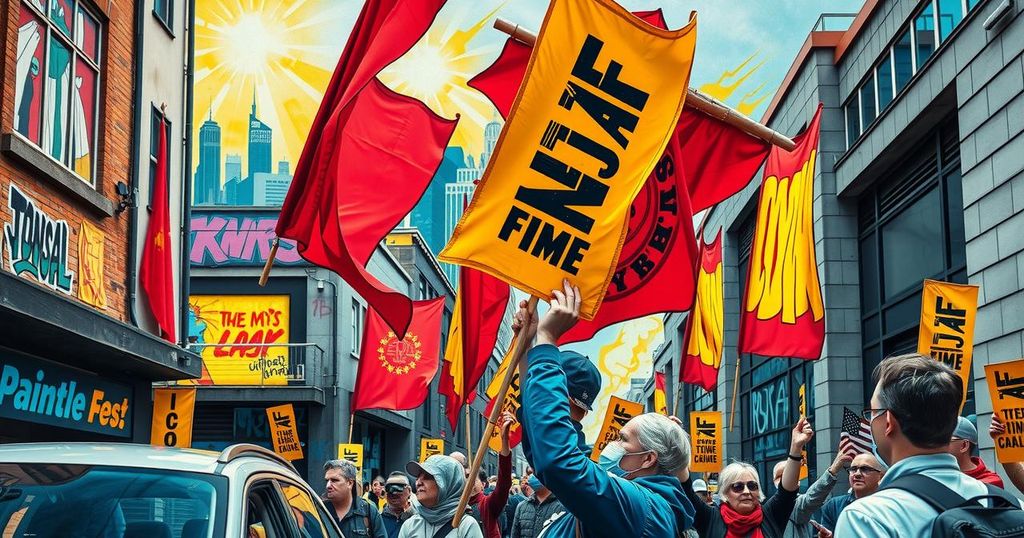Togo Protests Spark Calls for Change Amid Governance Concerns
- Protests in Togo highlight political repression and civil liberties.
- Activists are demanding accountability and transparency from the government.
- Ongoing unrest may lead to implications for Togo’s political stability.
Growing Discontent Fuels National Protests
Protests erupting in Togo have raised significant concerns regarding governance and civil liberties. Citizens have taken to the streets in increasing numbers to voice their discontent over issues such as political repression and economic hardship. Togo, a nation that has seen its share of political struggles, is now witnessing a resurgence of civic activism, showcasing the populace’s determination to demand change. These protests reflect not only the local grievances but also a broader call for democratic reforms.
Activism and Calls for Democratic Reforms
The political landscape in Togo has been marked by longstanding tensions, with citizens often feeling suffocated by the grip of authoritarianism. Activists are organizing demonstrations in various cities, igniting conversations across social media platforms about the need for accountability and transparency from the government. The protesters are insisting on systemic change, advocating for freedom of expression and an end to police brutality. Calls for international support have also been rising, as many believe that external pressures could help bolster their demands for human rights.
Implications of Ongoing Protests
The aftermath of these protests could have significant implications for the country’s future. Government responses to civil disobedience can vary, from negotiations to harsher crackdowns. Observers are closely watching how authorities will handle the ongoing unrest and what ramifications it could have on Togo’s political stability. With the youth leading a lot of these demonstrations, the potential for a shift in power dynamics is palpable, making it crucial for both the state and the protestors to engage in constructive dialogue to forge a path toward reform.
Future of Civic Engagement and Reform
The situation in Togo remains fluid, with various factions calling for differing strategies to address the immediate issues and long-term governance. Protests may increase or shift depending on how the government responds to the demands being shouted from the streets. Solidarity movements could also emerge, not just within Togo but across the region, as citizens in similar situations look to support one another. The path forward will undoubtedly be complex, but the determination of Togo’s citizens cannot be underestimated as they fight for their rights and their futures.
The current protests in Togo underscore a significant call for change amidst a backdrop of political discontent. With citizens actively involved in demanding their rights and accountability from the government, the nation finds itself at a pivotal moment. The outcome of these demonstrations could shape not only Togo’s political landscape but also inspire similar movements throughout the region.




Post Comment